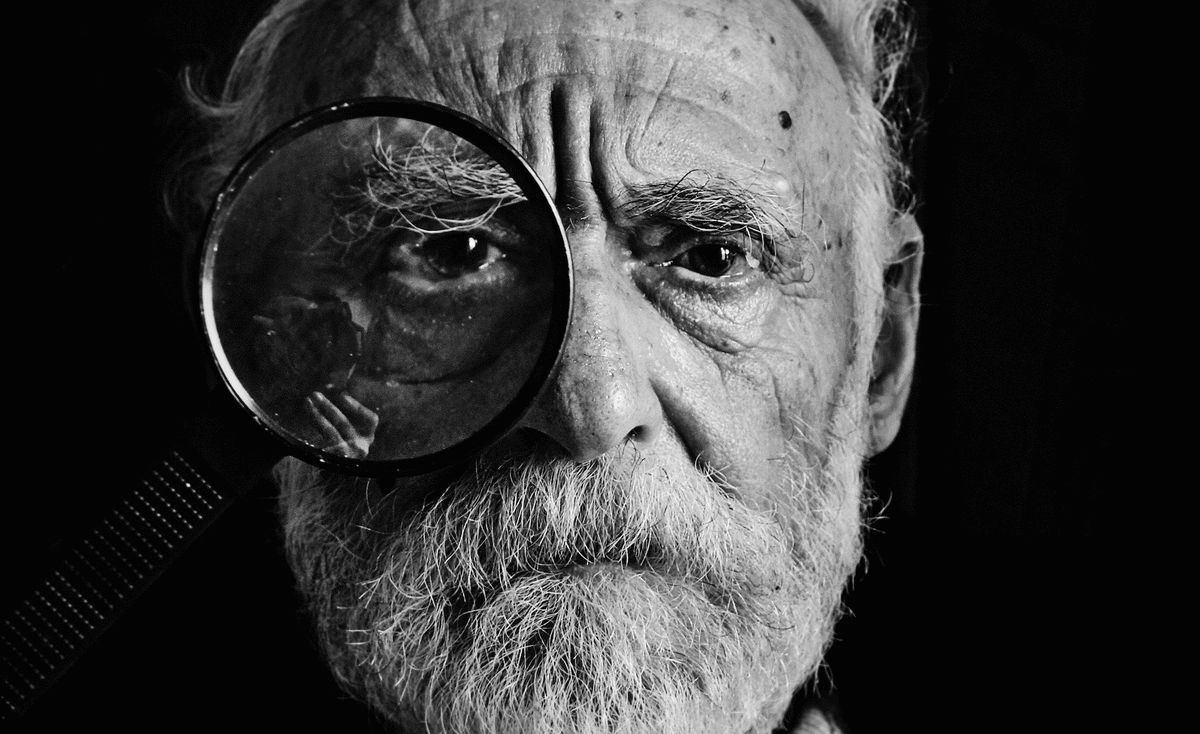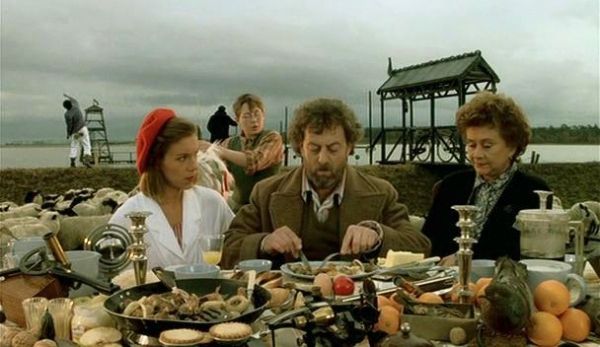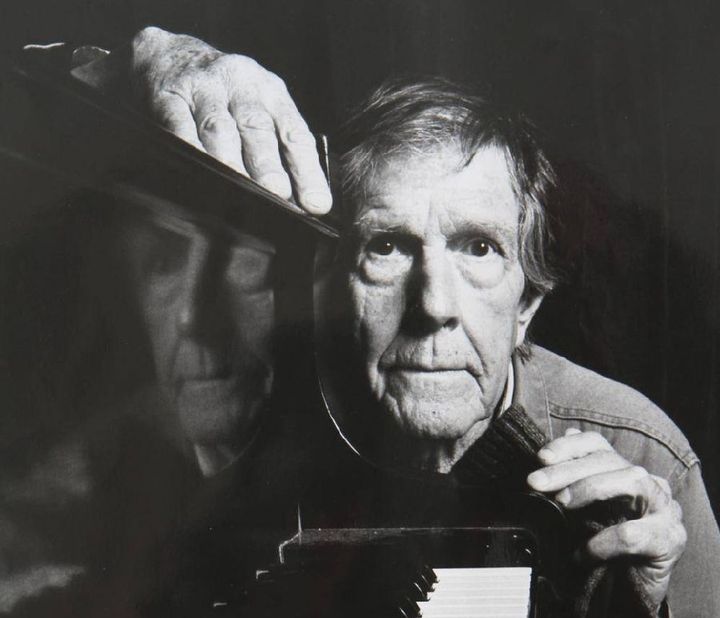Find Yourself A Cato

The Daily Stoic for March 10th. “Find yourself a Cato”:
“We can remove most sins if we have a witness standing by as we are about to go wrong. The soul should have someone it can respect, by whose example it can make its inner sanctum more inviolable. Happy is the person who can improve others, not only when present, but even when in their thoughts!”
—SENECA, MORAL LETTERS, 11.9
Today’s stoic is certainly related to Watching the Wise from January 28th. This time, instead of asking us to pick someone as a model or inspiration for our actions, it suggests us to find someone who can “admonish us if we are considering doing something lazy, dishonest, or selfish”. Our own personal Cato.
I think this concept of someone who acts as our “conscience” is deeply rooted in the Christian culture. From Pinocchio’s Jiminy Cricket to the little devil (temptation) and angel (conscience) figures on the shoulders of most cartoons I’ve watched as a child.
Kant Was Right
I’ve always disliked that representation of our conscience as an external entity. Also, this Christian concept of behaving properly or conducting your life in a rightful way for fear of being punished -by being sent to hell- never convinced me. In that sense, God becomes a Cato. He is out there somewhere observing and judging us.
I have mentioned before that I was never into academic philosophy. In my mind, philosophers were just people that put their special way of seeing the world on paper.
As such, some of them are just bizarre folks with eccentric ideas to me, while I can agree on some ideas from others. One of the latter is Kant and his categorical imperative:
“Act only according to that maxim whereby you can at the same time will that it should become a universal law.”
In other words. Treat others as you would like them to treat you, and act as you would like everybody else to act. I think it’s quite reasonable.

Find Yourself A Cato? Better Find Cato Within Yourself
I don’t really believe you need an external authoritarian entity -Cato, God, Seneca, King Jong Un or Donald Trump- to tell right from wrong. Since I was a kid, I knew perfectly when I was doing something bad.
Obviously, we have freedom of choice, and take our own decisions. Sometimes we make mistakes or let our desires or feelings take over the reasonable guy. Other times we just don’t feel like being a good boy. That’s ok. But don’t blame the devil on your shoulder and ask where was the angel. It’s all within you.
I’m surprised Stoicism has such a reliance on external figures. In my view, it doesn’t fit at all with its “everything outside your mind is out of your control” teaching. Perhaps as the year progresses, I will have more answers to my doubts.
Conclusion
“Find Yourself a Cato”, is certainly related to Watching the Wise from January 28th. Only instead of asking us to pick someone as a model or inspiration for our actions, it suggests us to find someone who can “admonish us if we are considering doing something lazy, dishonest, or selfish”.
I cannot really agree with this either, as I think this externalization of our conscience is not necessary. We all know how to tell right from wrong.




Comments ()